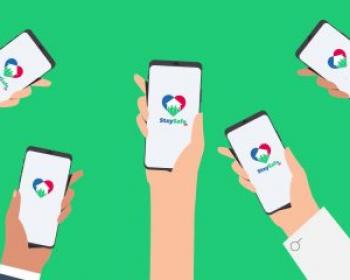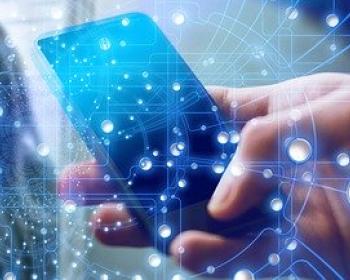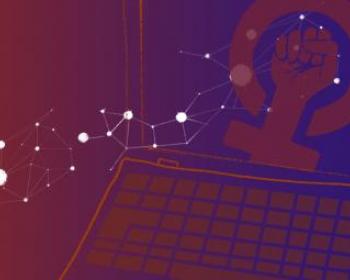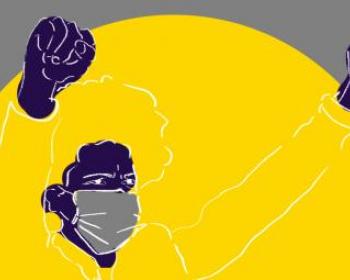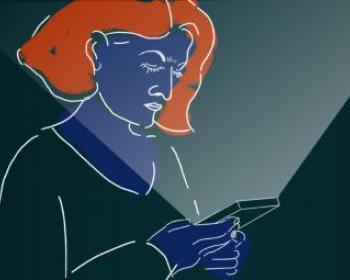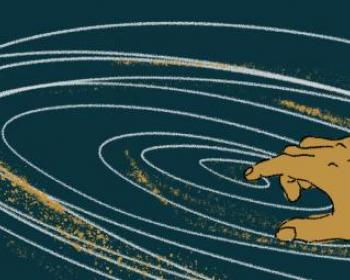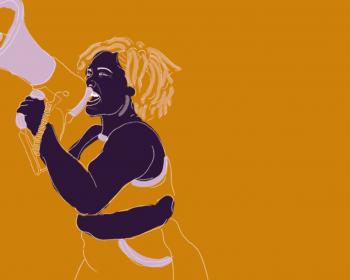Internet rights
The Philippine government has launched an exposure notification application, StaySafe.ph, which aims to contain the pandemic in the country. While the effort is commendable, the importance of combating COVID-19 while protecting people’s individual freedoms cannot be emphasised enough.
Students are facing infrastructural challenges in attending online classes, which are mandatory. The unavailability of quality access to the internet is causing massive challenges for students who are solely dependent on online platforms for education during COVID-19.
APC submits this written statement ahead of the Human Rights Council's 44th session to express our concerns about the online human rights implications of states’ measures adopted to respond to the COVID-19 crisis.
The COVID-19 pandemic has shown why the protection of human rights online is more important now than ever before. The internet has been a gateway for access to critical information, services and opportunities available to many people for the first time, as noted by the GSMA mobile gender gap report.
Upon the confirmation of the first COVID-19 case in Kenya, the government enacted various legislation to deal with the pandemic. While the measures were well intended, the manner in which existing laws have been implemented has caused some concern among civil society organisations.
Gender-based violence against women and girls remains a global threat to the public health of women and girls during emergencies. As the COVID-19 pandemic deepens the economic and social stress, coupled with restricted movement and social isolation measures, gender-based violence against women and girls is increasing exponentially.
For decades, the internet has not reached all areas in Sudan proving the lack of real governmental effort to implement the principles of the African Declaration on Internet Rights and Freedoms.
APC and other regional and global civil society organisations call on Brazilian legislators to reject the latest version of the bill and open a participatory discussion on how to respond to the challenges of disinformation while respecting Brazil’s international human rights commitments.
This article analyses the challenge of internet access faced by women and other marginalised groups such as persons with disabilities in Uganda during the COVID-19 pandemic.
The African Declaration on Internet Rights and Freedoms and the Feminist Principles of the Internet advocate for an internet that is accessible, available, useable and affordable to all persons, without discrimination. Realising these principles has become increasingly urgent in the context of the COVID-19 pandemic.

Association for Progressive Communications (APC) 2022
Unless otherwise stated, content on the APC website is licensed under Creative Commons Attribution 4.0 International (CC BY 4.0)



